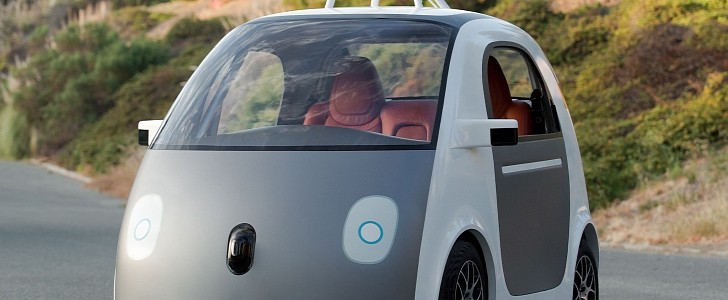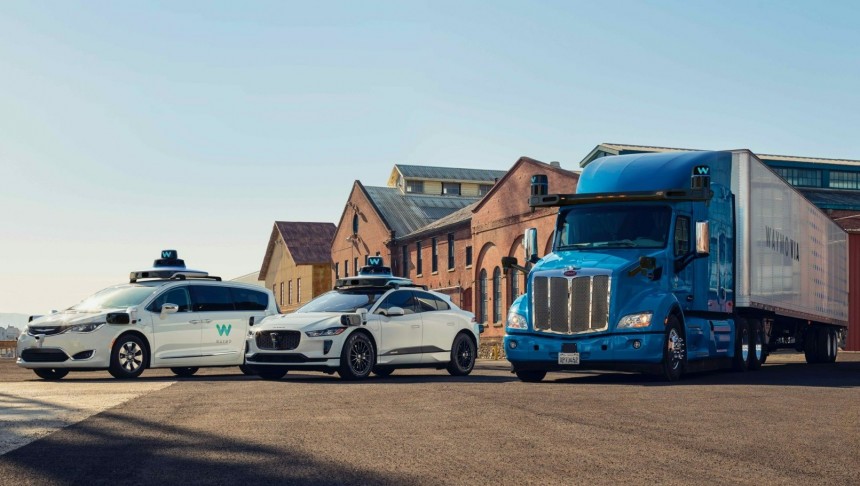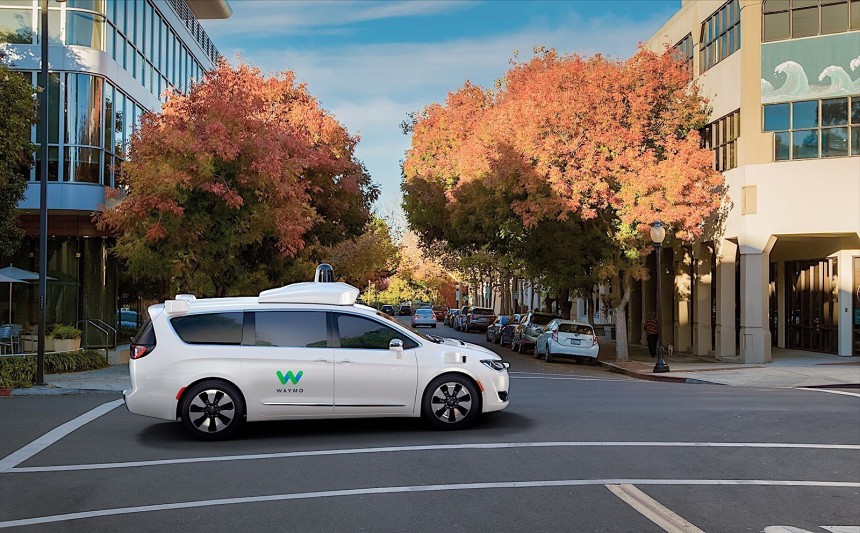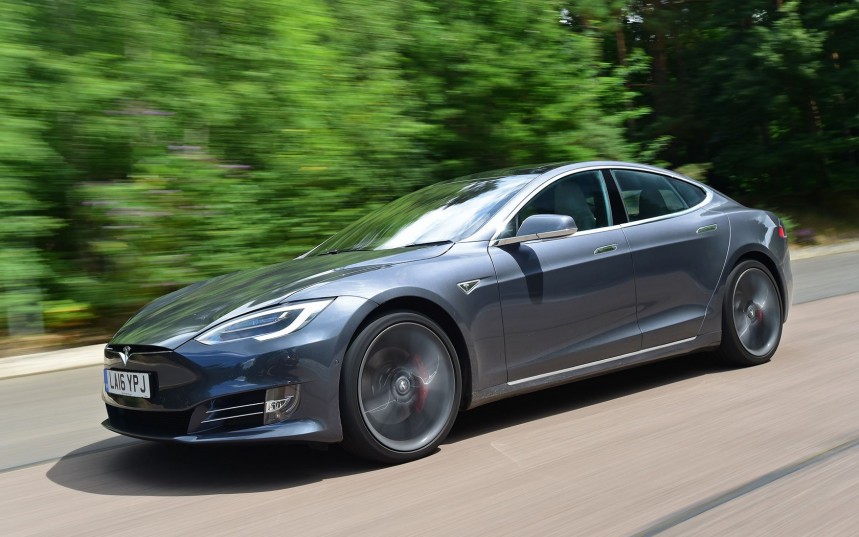Autonomous vehicles are becoming more and more a reality with each passing day. The question is, did anyone ask you how you feel about them?
Society has been seeing a huge explosion in autonomous vehicles lately, and this trend will only grow. It seems that almost every major automobile manufacturer is currently exploring autonomous drive at one level or another.
Recently, the AAA (American Automobile Association) conducted a survey with the help of the Technology and Public Purpose Project at Harvard Kennedy School’s Belfer Center for Science and International Affairs to find out what U.S. drivers think about autonomous vehicles on city streets.
With advancements including Tesla, with the Autopilot assistance system, Google with Waymo, and on a logistical level, companies like Einride with a fully autonomous cargo carrier, self-driving vehicles will become more and more common. Or will they?
The study conducted by AAA shows that drivers had a 53% “less safe” response when asked how they feel about sharing the road with self-driving semi-trucks. For this same category, only 11% of drivers answered that these vehicles would bring about a safer experience, 12% answered that no difference is made, and 24% were simply unsure. Similar statistics are shown for small delivery vehicles, too; 43% say they are less safe, 12% safer, 19% no difference, and 26% unsure.
The study also addressed self-driving vehicles on freeways or highways, and even local neighborhood roads. Turns out 47% of drivers have concerns about these vehicles on freeways, and 44% for local roads. Only 13% of drivers agree that self-driving vehicles would be safer on both highway and local roads.
Now, the real question is, why is this perception so strong? Well, one reason revealed in the study is a lack of information on behalf of the driver. Sure, it may sound a bit tough to handle, but according to the study, only 35% of drivers know that 38 states, including the District of Columbia, have active programs that allow for the testing of self-driving vehicles. Did you know this?
Although testing shows that self-driving vehicles can perform well within current standards and regulations, and people’s awareness is growing in terms of the presence of autonomous vehicles on the road, the general population still seems to be split into generally equal perceptions. Some 34% of drivers are in favor of programs aimed at furthering this technology, while 36% are opposed, and 31% still unsure. The opposition rules, at least for now.
However, a study published in September 2019 by John D. Lee of University of Wisconsin-Madison and Kristin Kolodge of J.D. Power ("Exploring Trust in Self-driving Vehicles Through Text Analysis") shows that this opposition is natural and typically occurs when associated with trust in automation and mediation of perceived risk, factors that naturally diminish as trust is established.
The top concerns revealed in the study include a 77% concern regarding safety while sharing the road with self-driving vehicles, a 62% concern about liability in crash situations, and a 50% concern about not knowing if a nearby vehicle is a self-driving one. 51% of drivers also conveyed concern regarding the need to educate the public about how to behave around such vehicles.
Drivers were also asked “Which would make you feel safe?” and presented with a list of options meant to offer a heightened sense of safety: 62% of drivers stated they would feel safer if self-driving vehicles had clear markings; 60% answered they want designated lanes for autonomous rides; and 31% wish for restrictions for these future cars to operate on public roads.
So why care at all about the perception of the population if the change is so large that it cannot be stopped? After all, some cities already have folks hailing cab rides to an AI driver. The answer is simple. If you understand a person's perception of an idea or movement, you can then address these issues to facilitate or bring about the change faster and with less fuss.
Currently, it looks like a movement is underway, but the lack of knowledge and exposure still reign supreme. Whether this is the fault of the individual or the education system is a story for another day. All anyone can do is stay informed.
From here, if automakers want to boost their self-driving car sales, public concerns will need to be addressed first and foremost. That means education, which implies programs, which means people power. All that requires time and money, but someone’s got to pay up if they want to profit in the long run.
Recently, the AAA (American Automobile Association) conducted a survey with the help of the Technology and Public Purpose Project at Harvard Kennedy School’s Belfer Center for Science and International Affairs to find out what U.S. drivers think about autonomous vehicles on city streets.
With advancements including Tesla, with the Autopilot assistance system, Google with Waymo, and on a logistical level, companies like Einride with a fully autonomous cargo carrier, self-driving vehicles will become more and more common. Or will they?
The study conducted by AAA shows that drivers had a 53% “less safe” response when asked how they feel about sharing the road with self-driving semi-trucks. For this same category, only 11% of drivers answered that these vehicles would bring about a safer experience, 12% answered that no difference is made, and 24% were simply unsure. Similar statistics are shown for small delivery vehicles, too; 43% say they are less safe, 12% safer, 19% no difference, and 26% unsure.
Now, the real question is, why is this perception so strong? Well, one reason revealed in the study is a lack of information on behalf of the driver. Sure, it may sound a bit tough to handle, but according to the study, only 35% of drivers know that 38 states, including the District of Columbia, have active programs that allow for the testing of self-driving vehicles. Did you know this?
Although testing shows that self-driving vehicles can perform well within current standards and regulations, and people’s awareness is growing in terms of the presence of autonomous vehicles on the road, the general population still seems to be split into generally equal perceptions. Some 34% of drivers are in favor of programs aimed at furthering this technology, while 36% are opposed, and 31% still unsure. The opposition rules, at least for now.
The top concerns revealed in the study include a 77% concern regarding safety while sharing the road with self-driving vehicles, a 62% concern about liability in crash situations, and a 50% concern about not knowing if a nearby vehicle is a self-driving one. 51% of drivers also conveyed concern regarding the need to educate the public about how to behave around such vehicles.
Drivers were also asked “Which would make you feel safe?” and presented with a list of options meant to offer a heightened sense of safety: 62% of drivers stated they would feel safer if self-driving vehicles had clear markings; 60% answered they want designated lanes for autonomous rides; and 31% wish for restrictions for these future cars to operate on public roads.
Currently, it looks like a movement is underway, but the lack of knowledge and exposure still reign supreme. Whether this is the fault of the individual or the education system is a story for another day. All anyone can do is stay informed.
From here, if automakers want to boost their self-driving car sales, public concerns will need to be addressed first and foremost. That means education, which implies programs, which means people power. All that requires time and money, but someone’s got to pay up if they want to profit in the long run.












